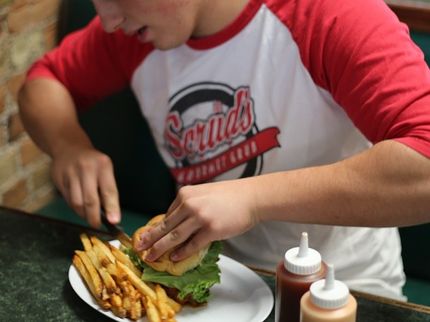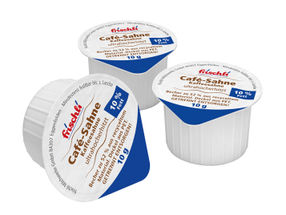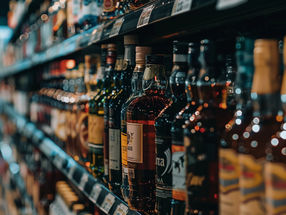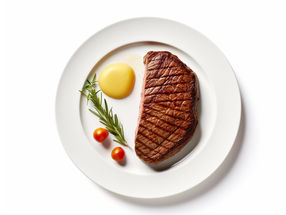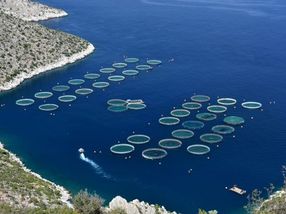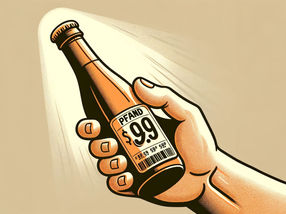Fighting childhood obesity: London restricts TV advertising
In the fight against childhood obesity, the British government is tightening the rules for TV and online advertising. From 2023 onwards it will no longer be allowed to advertise foods with high fat, salt and sugar content on television between 9 p.m. and 5.30 a.m. and companies will no longer be allowed to place paid online ads, the Department of Health in London announced on Thursday. Products affected include chocolate, soft drinks, ice cream, biscuits, crisps and pizza.
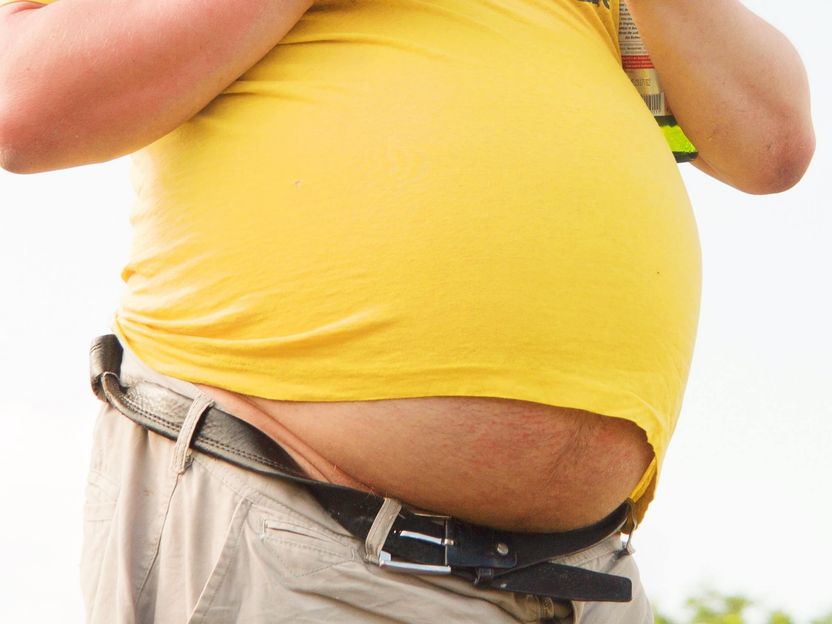
unsplash
"These restrictions will help protect children from developing long-term unhealthy eating habits and improve the health of the country," the ministry stressed.
However, there are exceptions. For example, the rules apply to individual products, not entire product lines, and not to manufacturers with fewer than 250 employees. In addition, foods and beverages that are considered healthy, such as those with excessive sugar content, will be exempt; for example, honey, olive oil, avocados and the popular Marmite spread can still be advertised.
The advertising ban could lead to 7.2 billion calories being removed from children's menus, the ministry stressed. This could reduce the number of obese children by more than 20,000 in the coming year. It is estimated that a third of all children who finish primary school in the UK are overweight or obese. Prime Minister Boris Johnson, who has a few too many pounds on his own ribs, has made the fight against obesity a top priority, partly in the wake of the Corona pandemic. "Losing weight is one of the ways to reduce the risk of Corona," Johnson had said.
Consumer organisation Foodwatch praised the move and called for similar restrictions in Germany. "First a soda tax, now a strict ban on junk food advertising: the UK is getting serious in the fight against the obesity epidemic," said Foodwatch expert Saskia Reinbeck. "The British government is implementing what professional organizations like the (World Health Organization) WHO have been demanding for years." Reinbeck criticised above all the Minister of Food, Julia Klöckner (CDU): "The German government, on the other hand, continues to hope in vain for voluntary commitments from the industry."/bvi/DP/he (dpa)
Note: This article has been translated using a computer system without human intervention. LUMITOS offers these automatic translations to present a wider range of current news. Since this article has been translated with automatic translation, it is possible that it contains errors in vocabulary, syntax or grammar. The original article in German can be found here.
Most read news
Other news from the department politics & laws

Get the food & beverage industry in your inbox
By submitting this form you agree that LUMITOS AG will send you the newsletter(s) selected above by email. Your data will not be passed on to third parties. Your data will be stored and processed in accordance with our data protection regulations. LUMITOS may contact you by email for the purpose of advertising or market and opinion surveys. You can revoke your consent at any time without giving reasons to LUMITOS AG, Ernst-Augustin-Str. 2, 12489 Berlin, Germany or by e-mail at revoke@lumitos.com with effect for the future. In addition, each email contains a link to unsubscribe from the corresponding newsletter.
